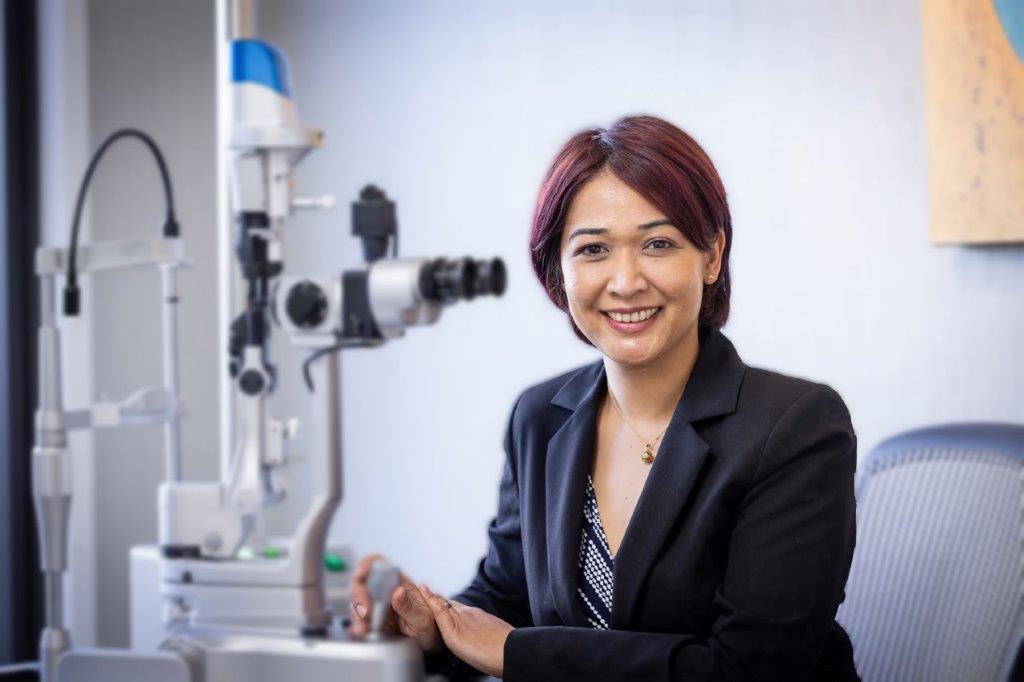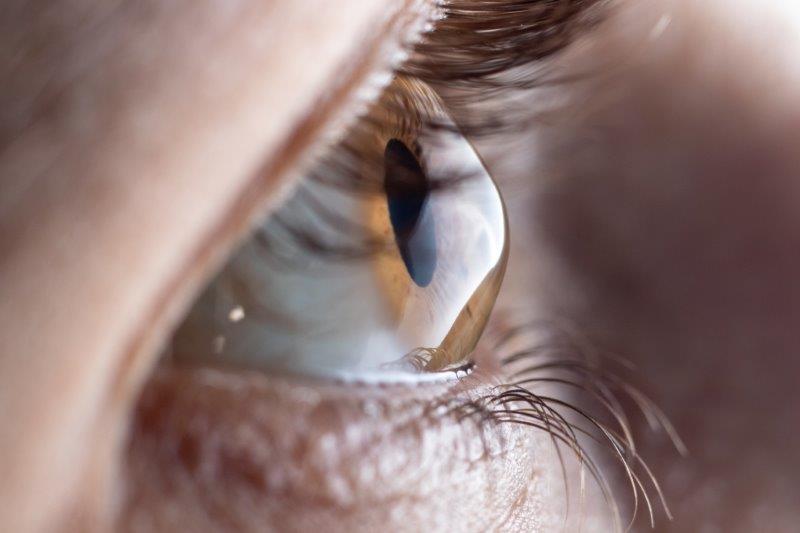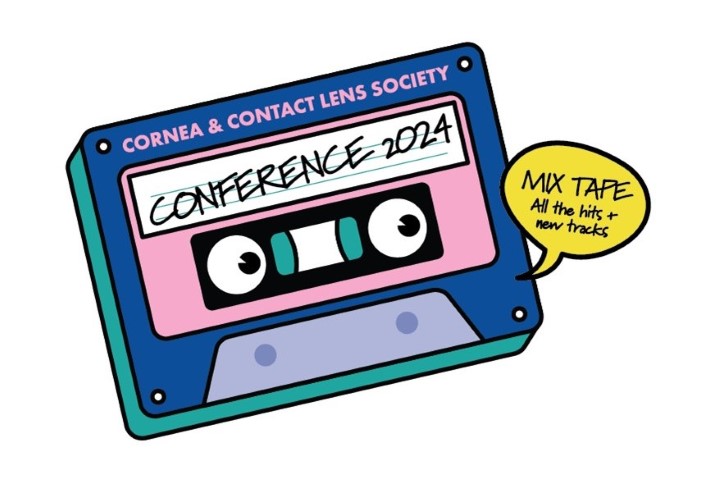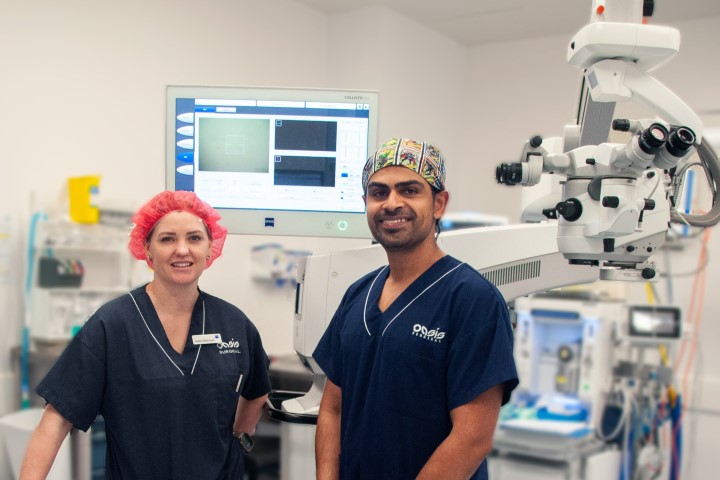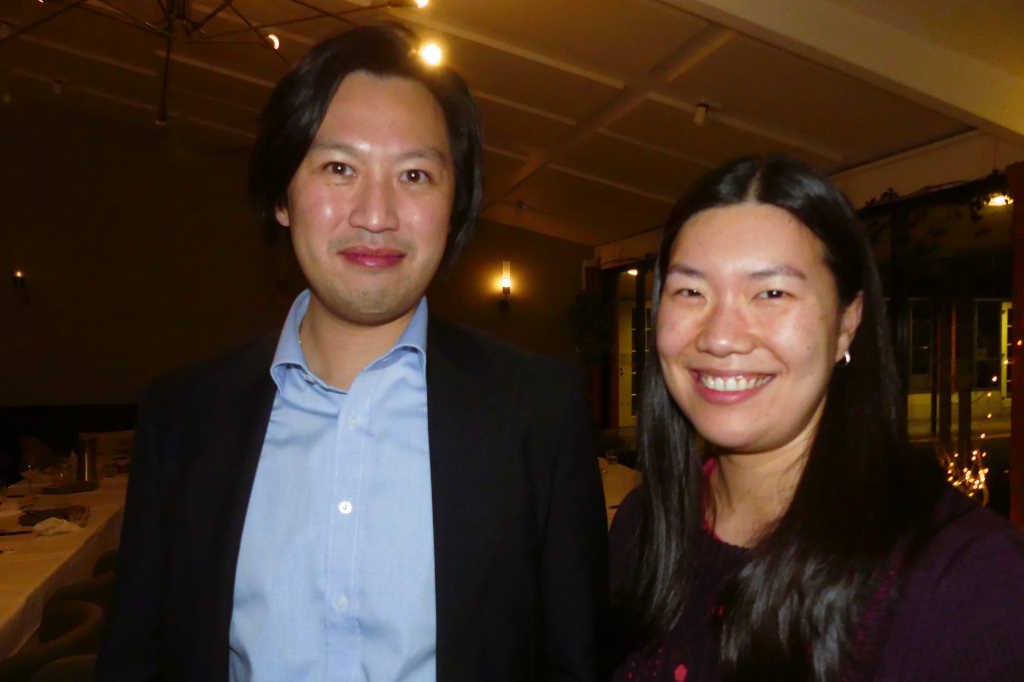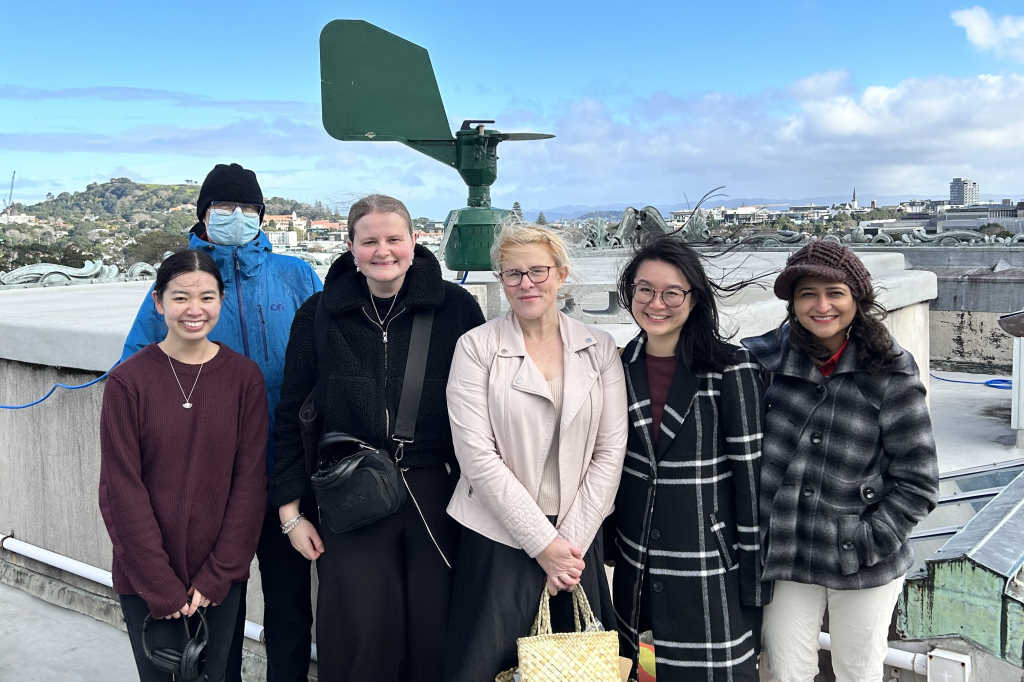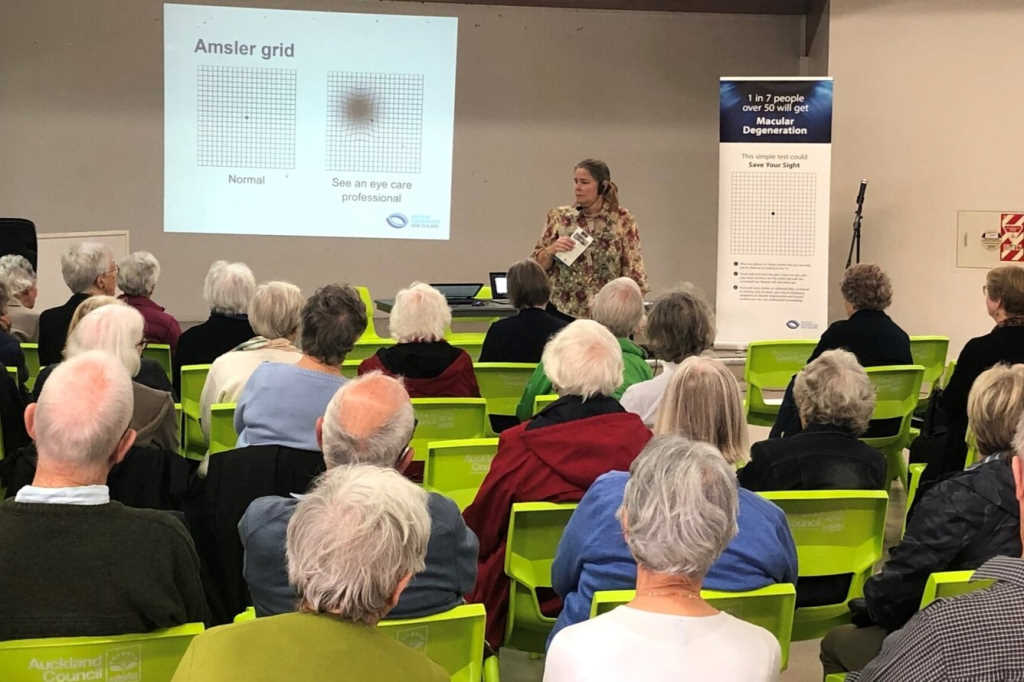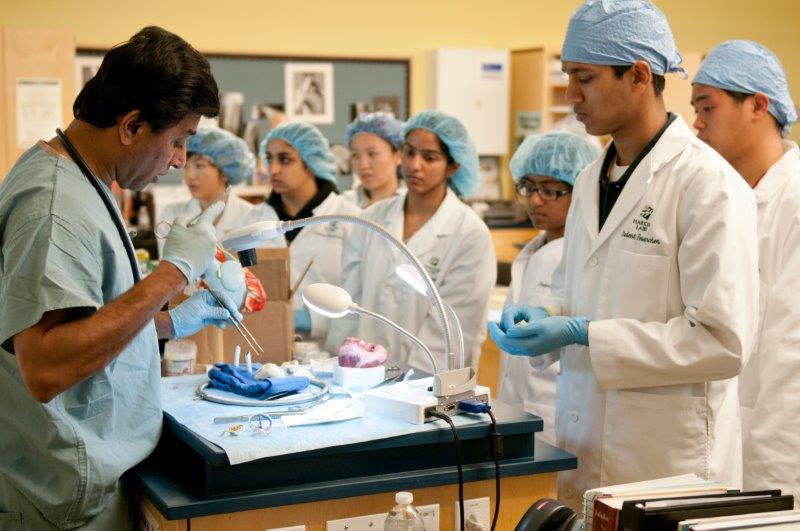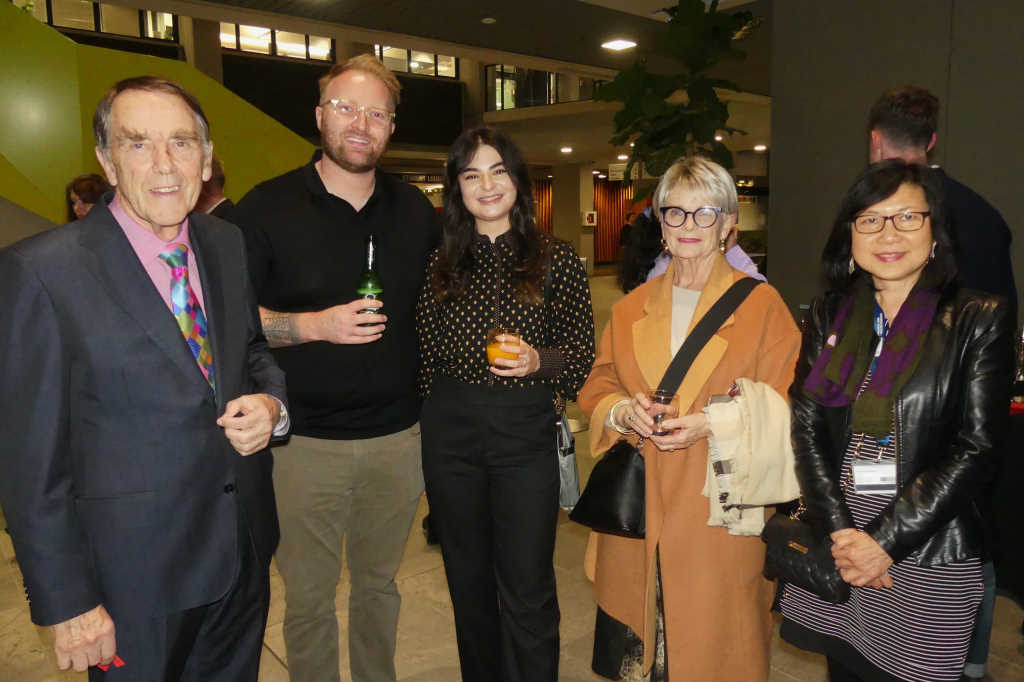CERA researchers seek IRD patient views
Australian adults and parents of children with inherited retinal diseases (IRDs) are being asked to contribute their views to a new research survey on emerging gene therapies.
Leading the research at the Centre for Eye Research Australia (CERA), Associate Professor Heather Mack said, “As recently as five years ago, someone diagnosed with an IRD would have been told that progressive, irreversible vision loss was inevitable, but rapid advances in gene therapy are creating exciting possibilities that there will be treatments that will slow down vision loss, or possibly even restore lost sight.’’
A/Prof Mack points to Australia’s Therapeutics Goods Administration’s recent approval of Luxturna, which targets the rare RPE65 gene mutation, as just one example of gene therapies that will be available to Australians within a matter of months.
CERA’s IRD patient survey began at the end of January and will run for three months, gauging respondents’ understanding of potential of gene therapies and seeking their views on genetic testing, treatment costs and clinical trial participation.
“Knowing how well people with IRDs understand the potential of gene therapy, their expectations and the support and information they need is critical to helping them make informed decisions about participating in treatment or research in the future,’’ said A/Prof Mack.












